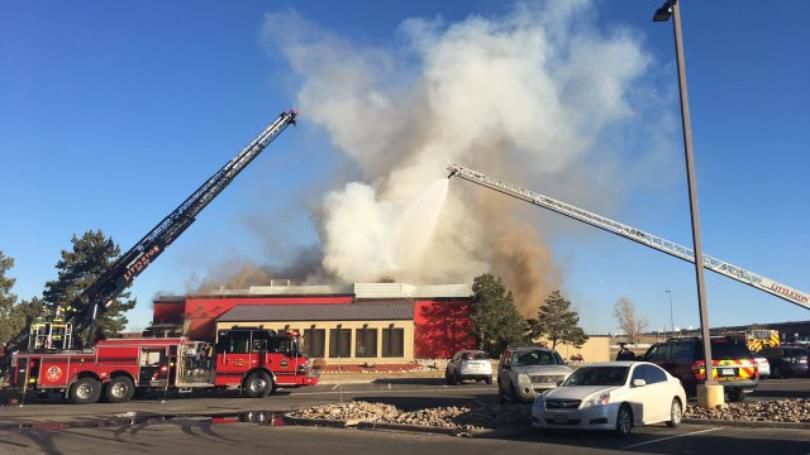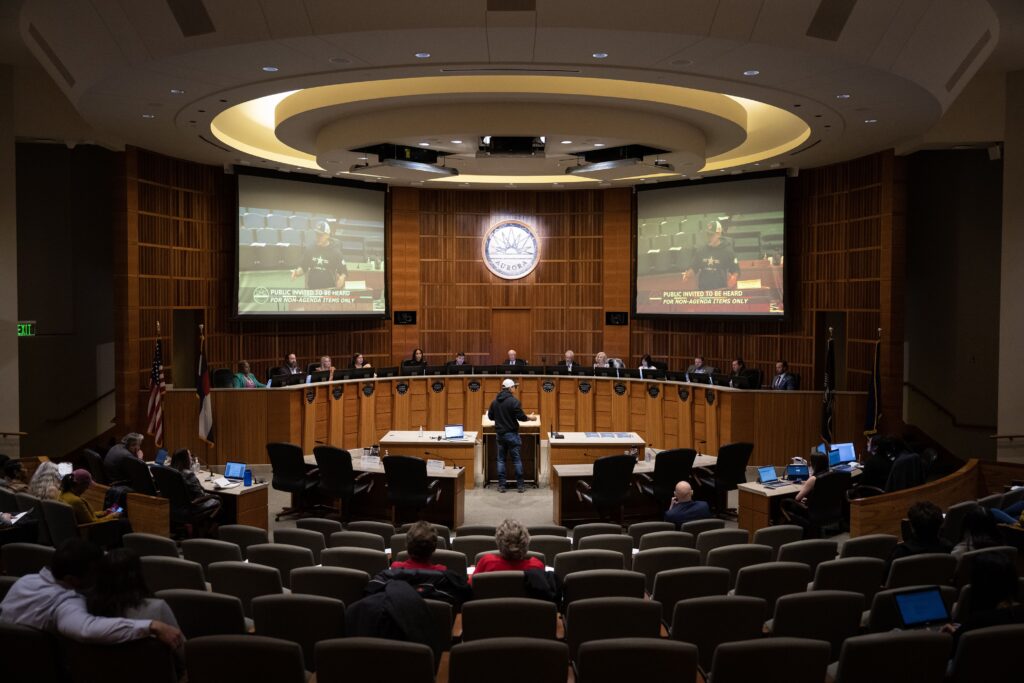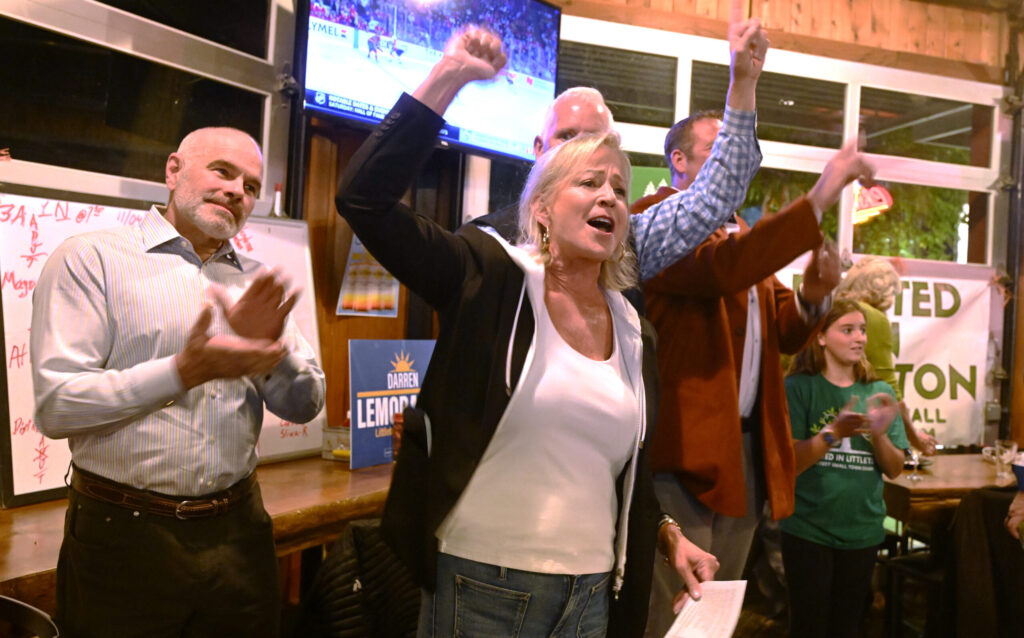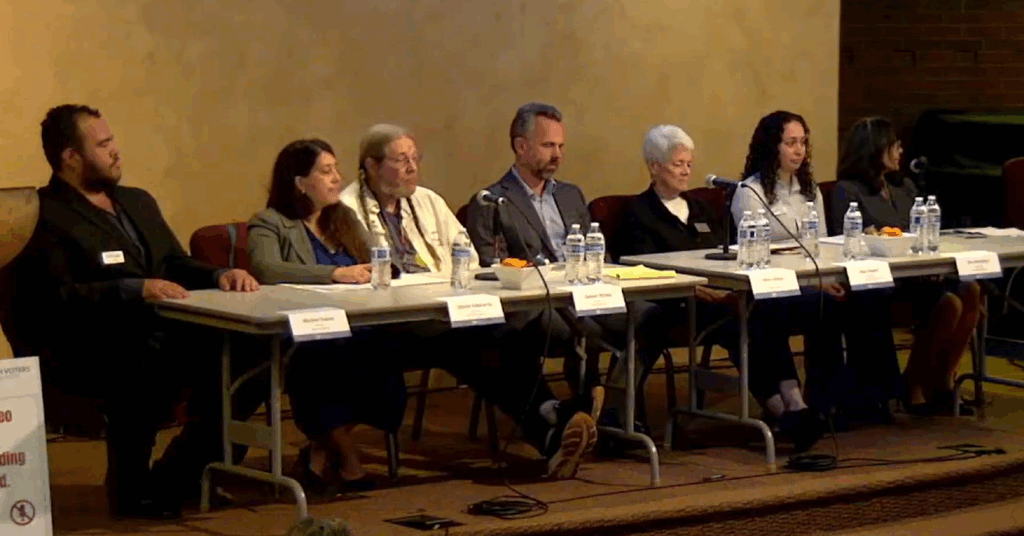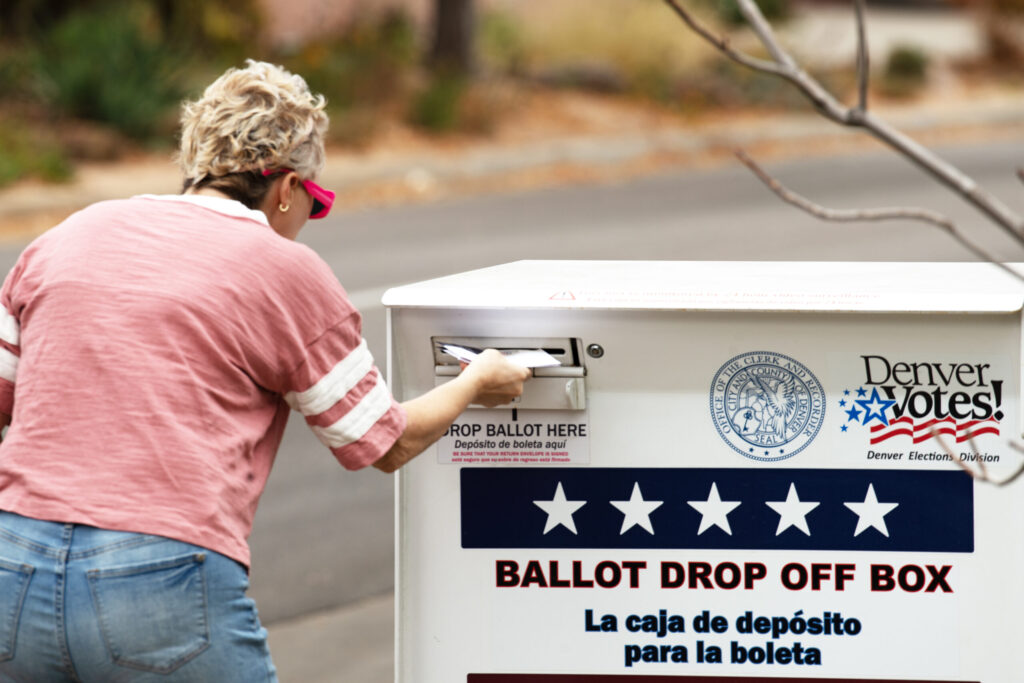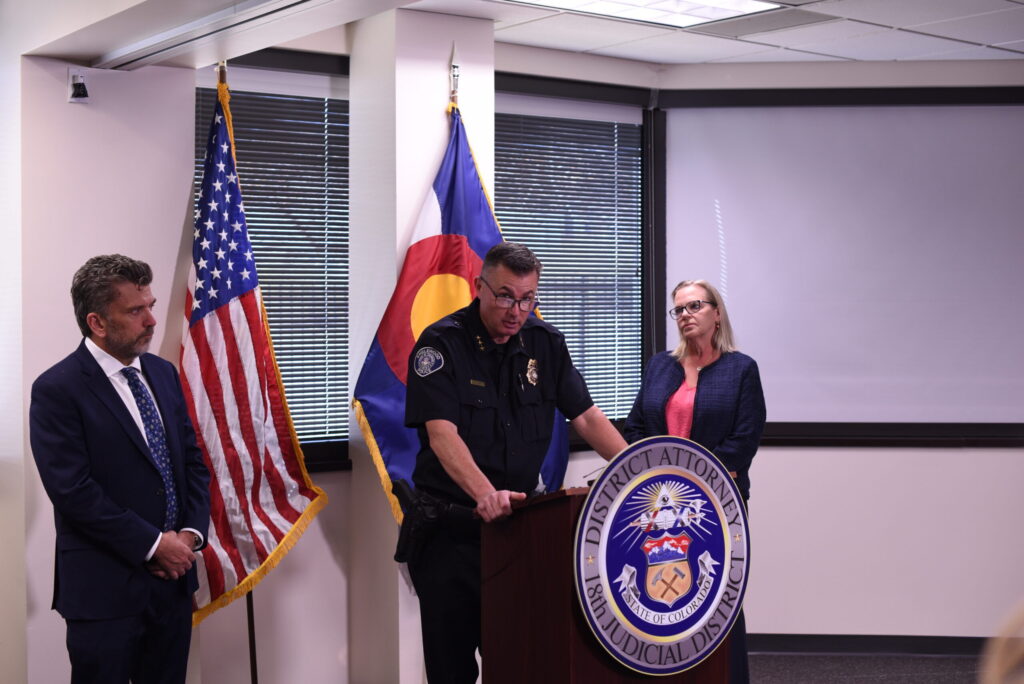Colorado voters OK tax hike to raise more money for school meals
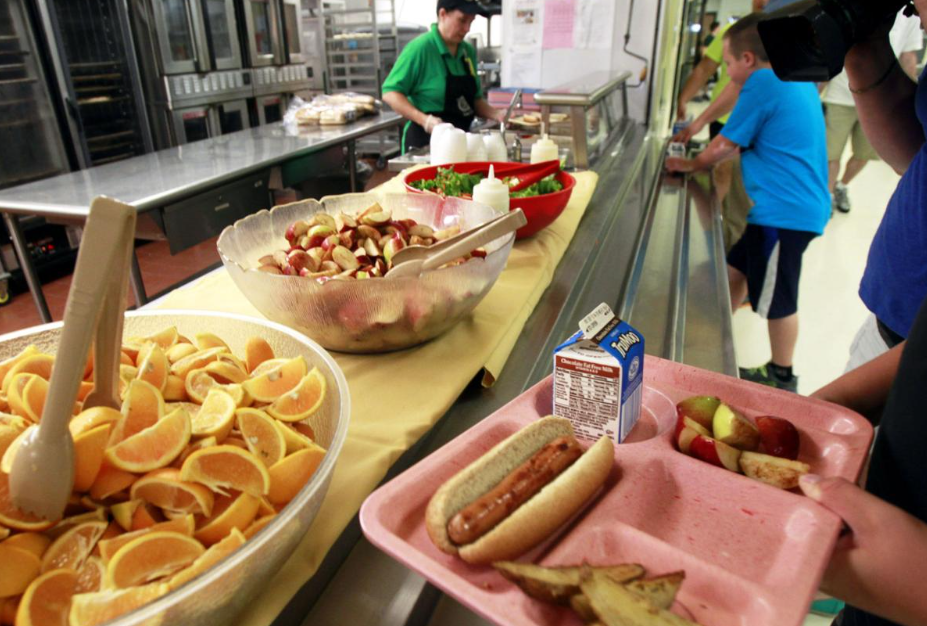
Two ballot measures that asked voters for more money to cover the costs to provide free meals to students at Colorado schools have secured a wide lead, according to the latest unofficial tally.
Unofficial results from the Secretary of State’s elections division showed Proposition LL winning with about 63% of the vote; Proposition MM is ahead with 56% in favor.
The measures would allow the state to keep and spend all of the revenue it collects for the meals program and also raise the tax obligations of taxpayers that hit a certain income threshold.
The results tightened over the last hour, although both statewide measures appeared to be winning handily.
That’s based on more than one million ballots cast out of 4.1 million active voters, according to election results from the Secretary of State’s Office.
The issue committee Keep Kids Fed raised $824,000 to persuade voters to approve more money for the fiscally troubled school meals program.
There was no organized opposition.
Joe Kabourek, the campaign manager for Keep Kids Fed, thanked the volunteers and organizations — some 150 of them — that endorsed and helped to the measures.
The win ensures “every child in Colorado can continue to get a healthy meal at school,” Kabourek said. That’s about 600,000 free meals per day statewide, which he said helps students be more engaged and attentive in the classroom, and that will lead to better grades, higher graduation rates, and better outcomes for Colorado students.
Both Propositions LL and MM are tied to the Healthy Meals for All program that was approved by voters in 2022.
Proposition FF, the original measure that created the free meals program in 2022, asked voters to change tax deductions for households with adjusted gross incomes of $300,000 or more.
The 2022 measure increased individuals’ tax liability by limiting itemized or standard state income tax deductions. Under the measure, the state income tax deduction went down from $30,000 to $12,000 for single filers and from $60,000 to $16,000 for joint filers. That applied to about 5% of all filers.
The measure was expected to raise about $100.7 million in 2023-24 to fund free meals for Colorado public school students, regardless of income.
But the program ran into financial problems from the start. In its first full year, the costs exceeded available funds by about $24 million. The Common Sense Institute predicted last year that the shortfall could reach $50 million by 2030.
The General Assembly covered the $24 million shortfall in 2023-24 with general fund revenue, collected from all taxpayers — from both individual and corporate payers — and with sales and use tax revenue.
In 2024-25, the shortfall was expected to increase to $56 million, with $46 million to be covered by the Colorado General Assembly.
That also meant that everything that was supposed to be funded by the ballot measures wasn’t. That included purchasing Colorado-grown or produced food, boosting pay for school food service workers, and offering technical and other assistance for preparing healthy school meals.
That’s where this year’s ballot measures come in.
Both Propositions LL and MM were referred to the voters by state lawmakers. Proposition LL came out of the 2025 regular session; Proposition MM was from the August special session, although Proposition LL was also revised during the special session.
Proposition LL deals with how the program currently works. Under the measure, as revised in August, a vote in favor would allow the state to retain all revenue generated by the change in tax deductions for the $300,000 household income group. The program costs are expected to increase by $33 million in 2025-26 and $67 million in 2026-27.
That change will affect about 6% of Colorado tax filers, according to the Blue Book.
A vote against would refund revenue collected above the limit to the single and joint filers with incomes of $300,000 or more, about $12.4 million.
Proposition MM is an expansion of the program to allow any revenue collected for the meals program that is not spent to support the Supplemental Nutrition Assistance Program, or SNAP, beginning in 2026-27.
That expansion came with a change to the deductions, reducing the single filer deduction from $12,000 to $1,000 and the joint filer deduction from $16,000 to $2,000, which means a tax increase for those filers.
The Blue Book estimates that single filers would pay an additional $297 in taxes each under MM; joint filers would pay $404 more.






